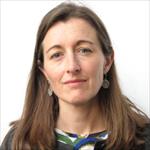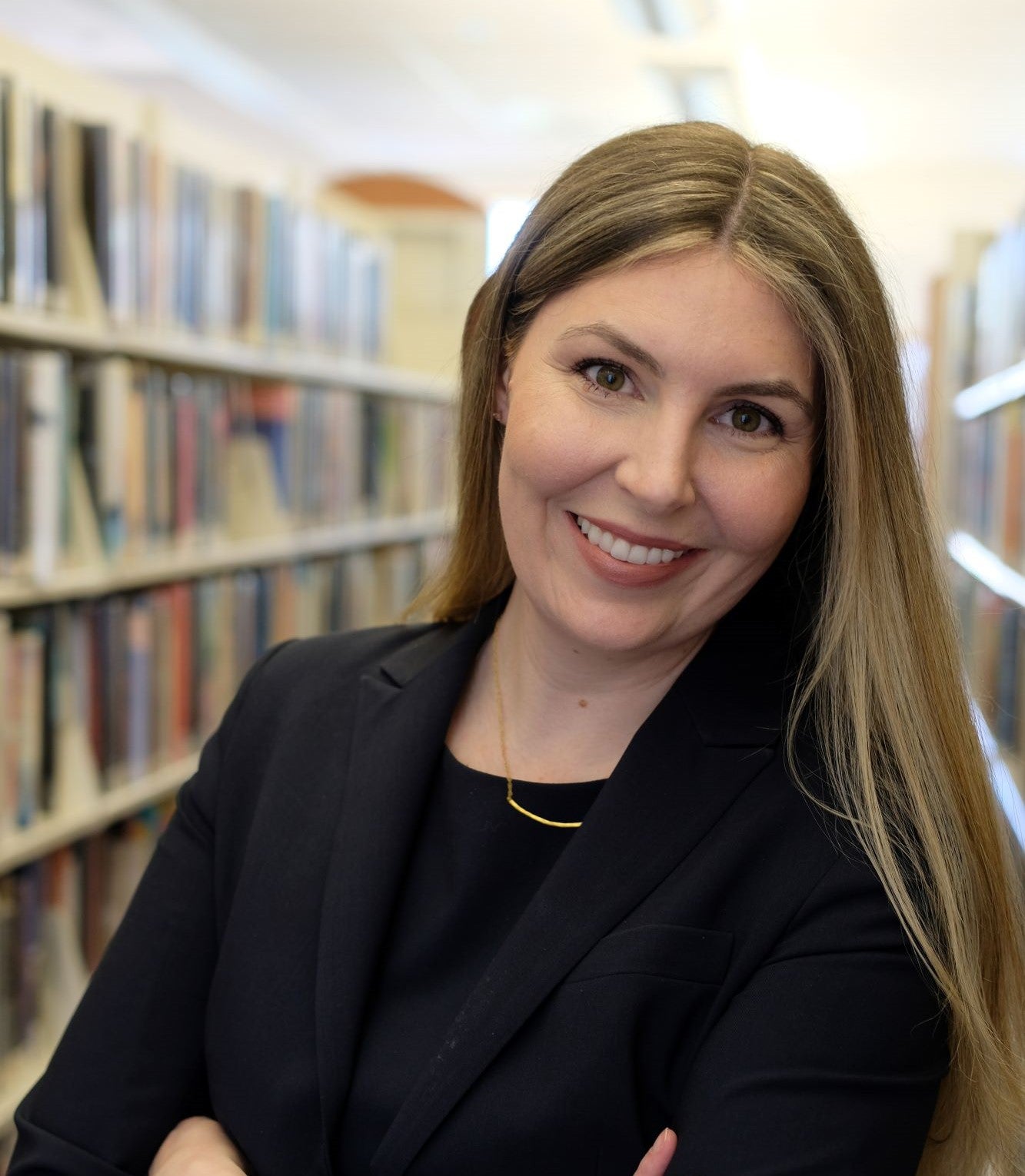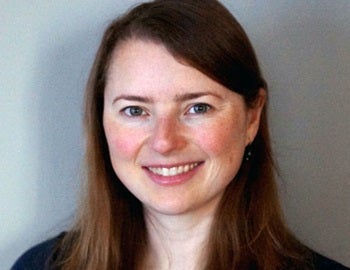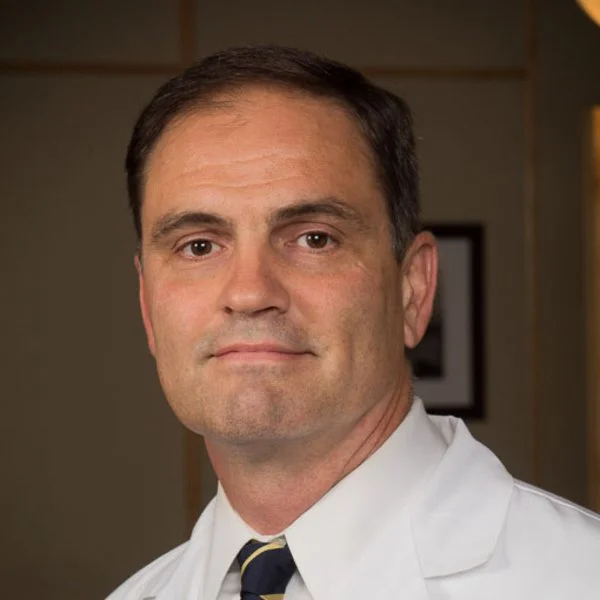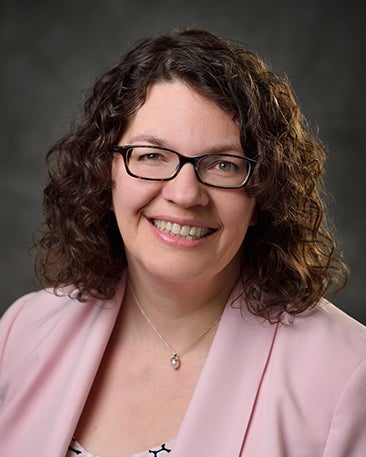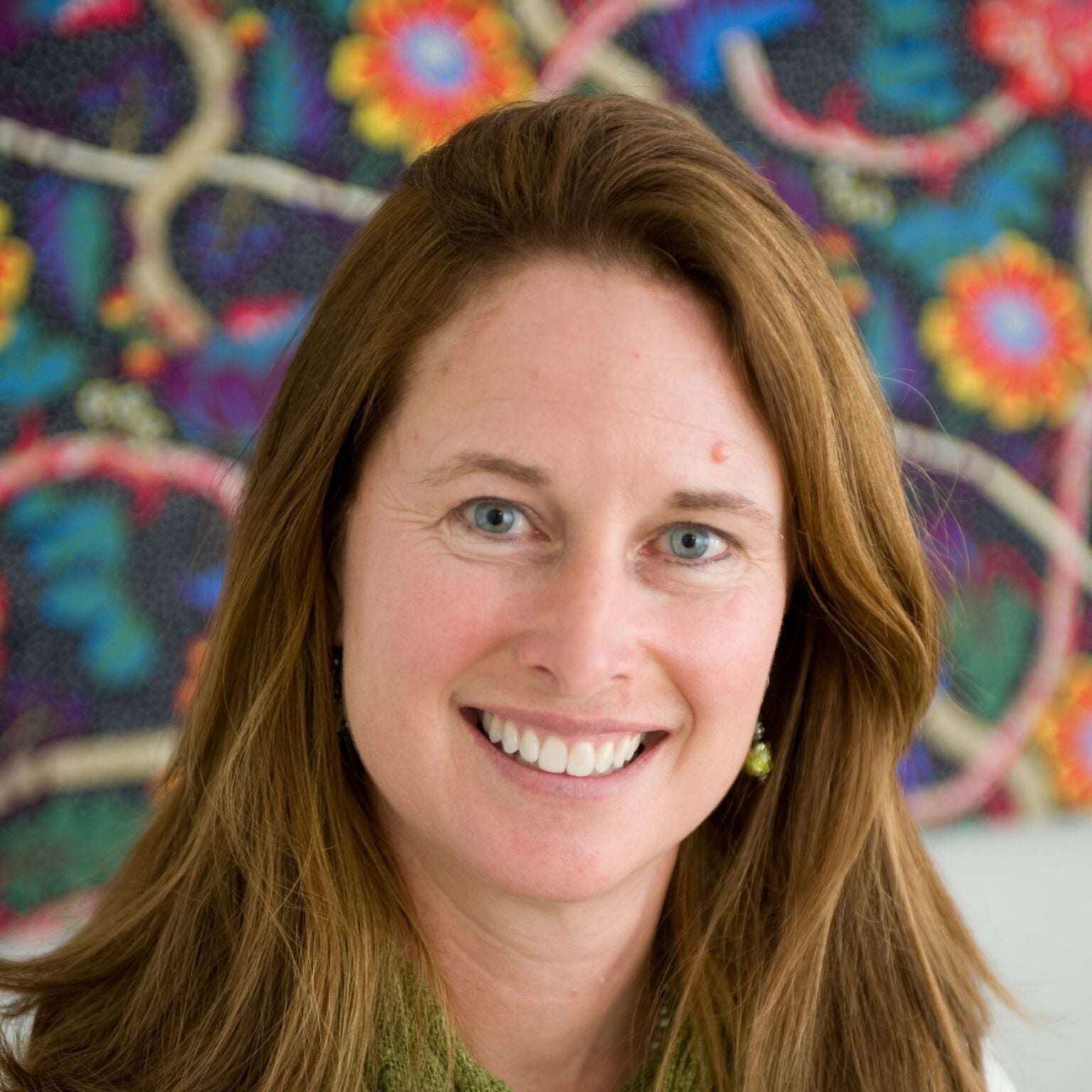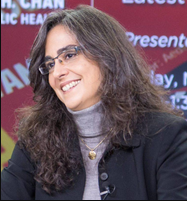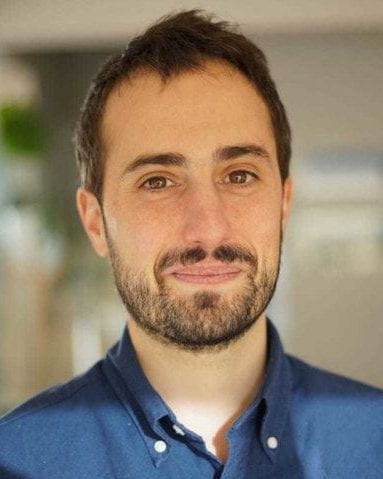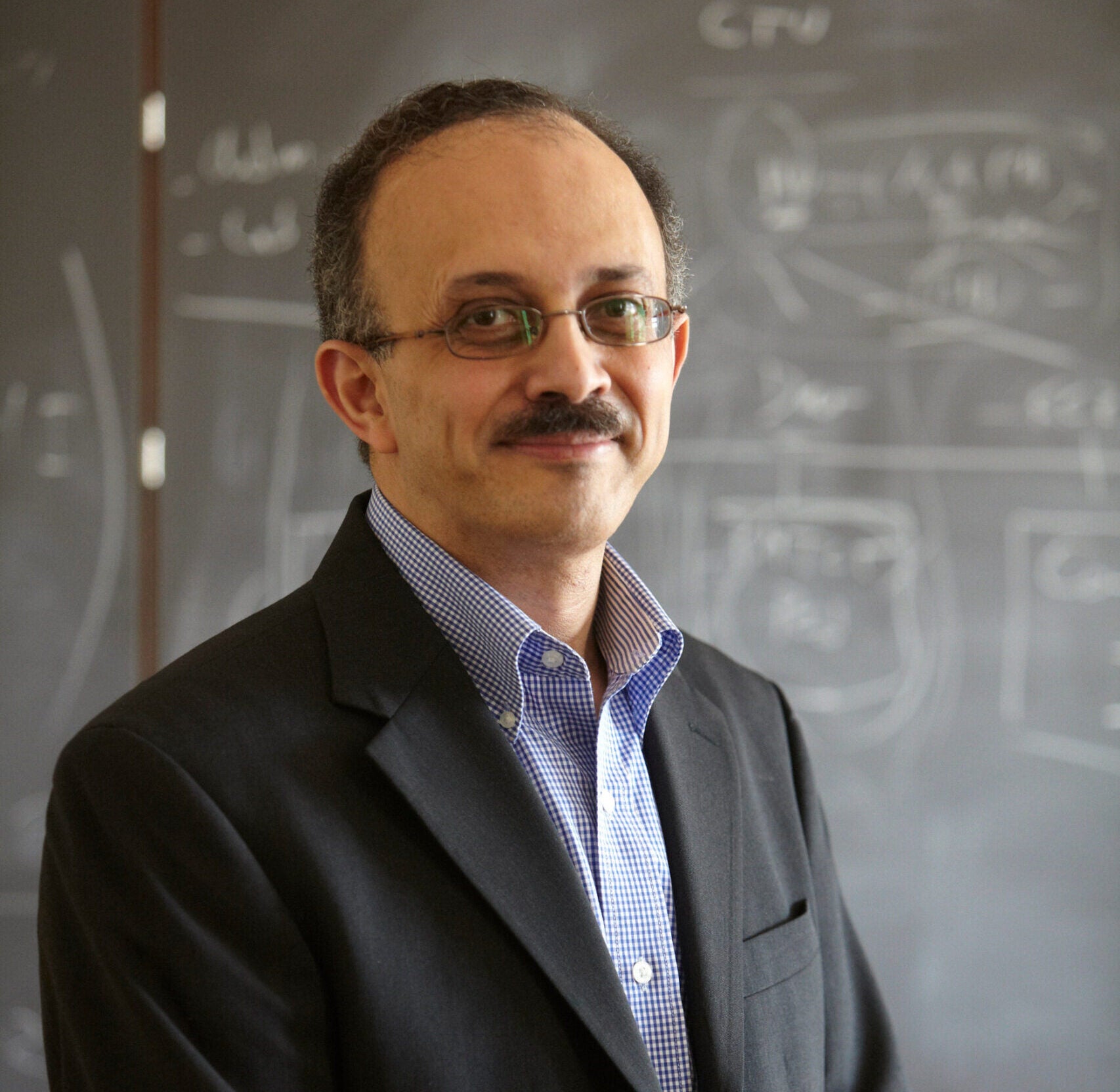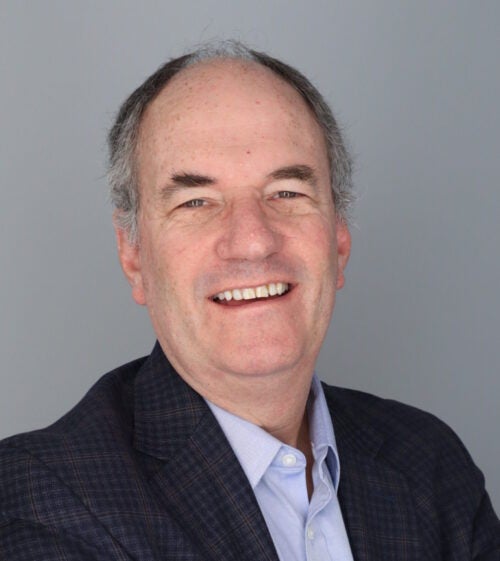Department of Immunology and Infectious Diseases
We lead efforts to treat and prevent infectious diseases by conducting pioneering research into the biological, chemical, and genetic factors behind pathogens.
Past Events
Past Events
-
Zoom Town Hall with Dean Baccarelli
Dean Andrea Baccarelli will be hosting a Zoom Town Hall on Wednesday, Oct. 1 from 1-2 p.m. Please share your questions in advance using this form. Log in on Wednesday…

-
Harvard Chan Community Day of Service
Please register now to join the Harvard Chan Community Day of Service on Monday, Sept. 29. This is an annual event that brings together our full community—students, staff, faculty, trainees, and other academic appointees—to…

-
Population Mental Health Concentration Social
Join us at Penguin Pizza (735 Huntington Ave) for the Population Mental Health Concentration fall social!
-
Brown Bag Seminar: Sharing experiences and discussing the future of Fukushima in radiation education at Fukushima Medical University
Isamu Amir is a research fellow in the Takemi Program in International Health at the Harvard T.H. Chan School of Public Health and an assistant professor in the department of…
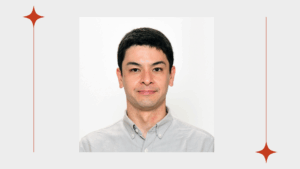
-
Occupational and Environmental Medicine Grand Rounds: Sept 19, 2025
Topic: Healing on the Job: How Worksite Health Centers Drive Productivity Presenter: Jeremy Berger, DO, MPH, MS, Second-year resident in the Occupational and Environmental Medicine Residency, Harvard T.H. Chan School of…
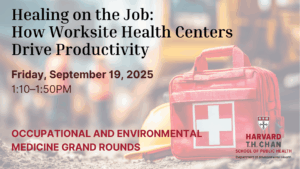
-
Student Meet and Greet with the Initiative on Health and Homelessness
✨ Come meet the Initiative on Health and Homelessness at Harvard Chan! ✨ Join us for an engaging meet-and-greet with the Initiative on Health and Homelessness (IHH), a collaborative hub…
-
Harvard Chan School Day of Service
We have lined up more than 20 service projects on campus and across Boston to address social determinants of health. Most projects will take place on Monday, Sept. 29, 2025,…

-
Doctoral Oral Qualifying Examination: Qais Dirar
Richard Siegrist will chair. Please be aware that only the student and committee members are permitted to attend the Oral Qualifying Exam.
-
Protecting Young Children From the Impacts of Wildfires
Wildfire smoke is becoming an increasingly common part of childhood in many parts of the US. While we often associate wildfires with remote or forested locations, they are increasingly happening…

-
Doctoral Oral Qualifying Examination: Meriam Mikre
Richard Siegrist will chair. Please be aware that only the student and committee members are permitted to attend the Oral Qualifying Exam.
IID Retreat 2025 in pictures

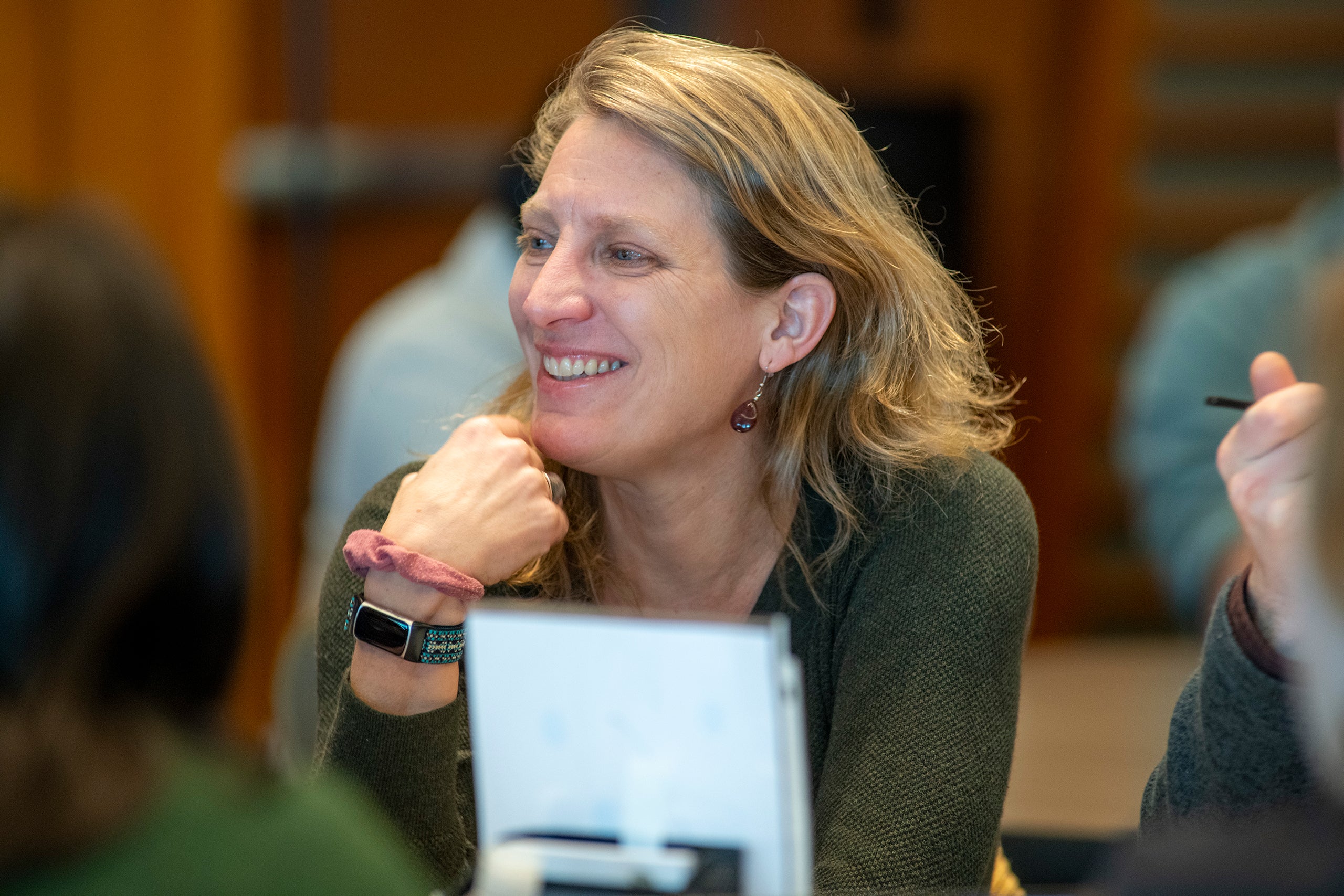

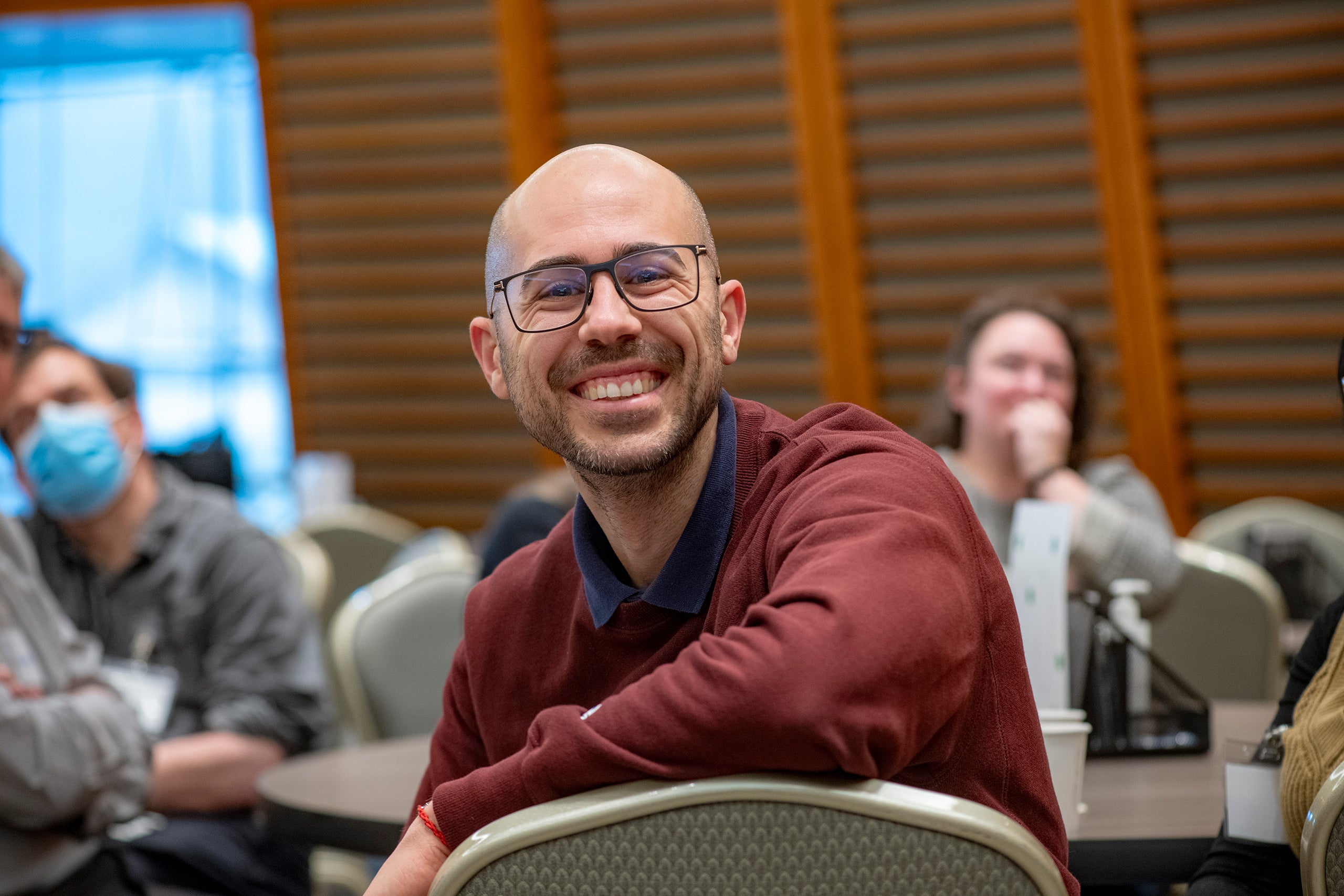




Department of Health Policy and Management
We train and inspire the next generation of health care leaders to improve health care delivery systems and mitigate public health risks around the world.
677 Huntington Avenue, Kresge Building
Boston, MA 02115
Upcoming Events
Department of Epidemiology
Learn how we advance public health globally by researching the frequency, distribution, and causes of human disease, and shaping health policies and practices.
677 Huntington Avenue
Kresge, 9th Floor,
Boston, MA 02115
Reproductive and Perinatal Epidemiology
This area focuses on the determinants of health throughout the lifecourse, including those related to reproductive health, the perinatal period, childhood, and adolescence/young adulthood.
Reproductive topics include pubertal development, menstruation, gynecologic health (e.g., endometriosis, dyspareunia), sexually transmitted infections, contraception, reproductive cancers, and menopause.
Perinatal topics include pregnancy intention, fertility, assisted reproductive technologies, abortion, pregnancy complications (e.g., preeclampsia), and pregnancy outcomes (e.g., preterm birth, birth defects, neonatal mortality, postpartum depression).
Methodological issues are a strong emphasis, as is a focus on health inequities—including among sexual and gender minority populations. Several faculty have expertise in global issues, and many focus on exposures—including environmental—that are salient throughout the lifecourse.
Within the Department of Epidemiology, there are two key courses for students interested in Reproductive and Perinatal Epidemiology (RPE). The first focuses on topics essential to the field, while the second focuses on advanced methods that are particularly relevant to RPE epidemiology. Other departments offer courses that cover a broad range of topics, such reproductive justice; adolescent health; and gender and health.
Highlights from the program include:
- The core RPE faculty provide expertise in a similarly broad array of topics, as well as active mentorship and research opportunities for students
- Many faculty are primarily based at Harvard-affiliated institutions (i.e. Beth Israel Deaconess Medical Center and Boston Children’s Hospital), allowing for meaningful collaboration with clinical experts and access to clinical data
- These research experiences offer students the opportunity to collaborate with multidisciplinary teams and can provide opportunities for primary data collection.
Learn more about our faculty below:
Department of Epidemiology
Learn how we advance public health globally by researching the frequency, distribution, and causes of human disease, and shaping health policies and practices.
677 Huntington Avenue
Kresge, 9th Floor,
Boston, MA 02115
Psychiatric Epidemiology
What is the lifetime prevalence of depression in the U.S. population? How does childhood trauma influence the risk of developing PTSD? These are the kinds of questions psychiatric epidemiology aims to answer.
Psychiatric epidemiology at the Harvard Chan School explores the causes of mental disorders by identifying risk factors such as genetics, early life trauma, poverty, substance abuse, and social stressors. Students, fellows, and faculty at the School also examine protective factors like social support and access to healthcare with the ultimate goal of providing an evidence base for shaping public mental health strategies, designing interventions, informing policy, and reducing stigma through data-driven understanding.
The Harvard Chan School’s Psychiatric Epidemiology program consists of specialized courses ranging from statistical genetics to the Foundations of Global Mental Health. A wide range of research and training opportunities are available.
Highlights of the program include:
- A dedicated concentration on Population Mental Health. This interdisciplinary concentration enhances public health professionals’ expertise in mental disorders and equips them to address the public health impact of mental disorders both in the U.S. and globally, gaining critical skills for research and practice to understand their causes, consequences, and strategies for reducing their burden.
- Opportunities for students to do practicums (“applied practice experiences”) with labs in the Psychiatric Epidemiology program. These practicums allow students to take a deep dive into a research project or get hands on experience in the field over 120 to 200 hours.
- Faculty research including:
- Biological mechanisms linking emotions, social relationships, and health
- Social and family environmental determinants of brain development, parental feeding, and child eating behavior
- Genetics and genomics of Alzheimer’s disease and dementia
- How stigma, discrimination, and structural violence affect the distribution of mental health outcomes in vulnerable populations
- How violence, trauma, and PTSD alter long-term physical health and accelerate aging
- A collaboration with the Broad Trauma Initiative, which is led by faculty area director Karestan Koenen. The Initiative seeks to understand the biological mechanisms and pathways by which trauma, occurring over the life course, but especially in childhood, get into the bodies of patients and shapes how they think, feel, and behave, often for the remainder of their lives.
- Integrative and multidisciplinary work across the Departments of Epidemiology, Biostatistics, Global Health, and Social and Behavioral Sciences.
Learn more about our faculty below:
Department of Epidemiology
Learn how we advance public health globally by researching the frequency, distribution, and causes of human disease, and shaping health policies and practices.
677 Huntington Avenue
Kresge, 9th Floor,
Boston, MA 02115
Genetic Epidemiology and Statistical Genetics
The program of Genetic Epidemiology and Statistical Genetics (PGSG) studies the genetic causes of complex human diseases. By uncovering the molecular mechanisms behind diseases, the program aims to improve its diagnosis, treatment, and prevention.
Genetic epidemiology is the study of how genetic factors, along with environmental influences like lifestyle or exposures, affect patterns of health and disease in populations, aiming to understand why certain diseases run in families and how genes interact with the environment. Statistical genetics is closely related and focuses on developing and applying statistical methods to analyze genetic data, such as identifying genes linked to diseases and interpreting large-scale genetic information. Together, these fields help scientists uncover how genes contribute to disease risk and provide important tools and insights for understanding human health.
The program in Genetic Epidemiology and Statistical Genetics (PGSG) investigates the genetic basis of complex human diseases, with a special emphasis on uncovering the molecular mechanisms behind cancer to advance its diagnosis, treatment, and prevention. The program also explores other chronic diseases and develops new statistical genetics methods in partnership with leading research institutions.
Highlights from the program include:
- Broad Research Interests: Faculty expertise includes nutrition, pharmacoepidemiology, aging, women’s health, basic science, policy and risk analysis, environmental and social epidemiology, global health, pediatrics, and methodology
- High-Throughput Polymorphism Detection Core Facility: Rapid identification of genetic variation
- Biostatistical Analysis and Bioinformatics: Advanced data interpretation and computational analysis
- Teaching and Research: Training and research opportunities in genetic epidemiology and statistical genetics, with a focus on cardiovascular epidemiology and collaborative studies
- Collaborative Environment: Partnerships with Harvard Chan School, Harvard Medical School, The Broad Institute, and others.
Learn more about our faculty below:
Department of Global Health and Population
We teach students how to effectively respond to key health challenges impacting populations around the world through outstanding teaching and research. Our expertise includes health systems and economics, global nutrition, maternal and child health, infectious and non-communicable diseases, and humanitarian studies and population ethics.
665 Huntington Avenue
Building 1, 11th and 12th Floors
Boston, MA 02115
Who We Are
We are a community of students, researchers, educators, and practitioners from around the world who work together to produce powerful ideas that improve the lives and health of people everywhere.
Our programs and projects span the globe, and we offer several opportunities for students to take an international travel course. Through distinctive teaching and exceptional research, we strive to advance global health and population studies.
We have long-standing and widely recognized research excellence in fields such as maternal and child health, nutrition, decision science, behavioral economics and implementation sciences, health systems, and population bioethics, humanitarian studies, and human rights.
Through our master’s and doctoral degrees, the Department of Global Health and Population is home to students developing expertise in areas such as health systems design, management, and evaluation; health economics; global infectious and non-communicable diseases; and humanitarian studies and population ethics.
What Sets Us Apart
We have a global footprint with faculty, researchers, and staff present in all regions of the world. Our department is renowned for its unique and diverse background, and we have welcomed students and fellows from most countries in the world.
Our alumni are part of a strong network of public health experts working to devise, implement, and evaluate effective strategies that improve the lives of millions of people around the globe. Our students and fellows have become ministers of health, leaders in national and international public health organizations, and scholars in academic institutions.

‘The beauty of public health is its interconnectedness’
Disha Ganjegunte, SM ’25, brings positive energy and action to international fieldwork and public health advocacy.
1st
Department of population sciences in any school of public health
25
Countries represented among our students
19
Research initiatives, centers, partnerships, and training programs
Our department features plenty of opportunities to engage in cross-Harvard collaboration.
Students traveled abroad to participate in the Harvard Amazon Rainforest Immersion, a ten day course in Brazil offered by David Rockefeller Center for Latin American Studies and the Salata Institute for Climate and Sustainability.
This is one of the many opportunities to study abroad and learn from our faculty in a hands on environment. Learn more about our winter semester courses in Chile, Brazil and Japan.
Department Chair
Degree Programs
Master of Science – Global Health and Population
Prepares individuals to advance global health research and reduce the burden of disease, especially in the world’s most vulnerable populations
Master of Public Health – Global Health
Provides students with the intellectual foundation and specialized skills they need to lead change and make a difference in communities around the world
Doctor of Philosophy – Population Health Sciences
Equips students with the research and analytical tools needed to tackle a wide range of complex, large-scale public health issues
Related Links
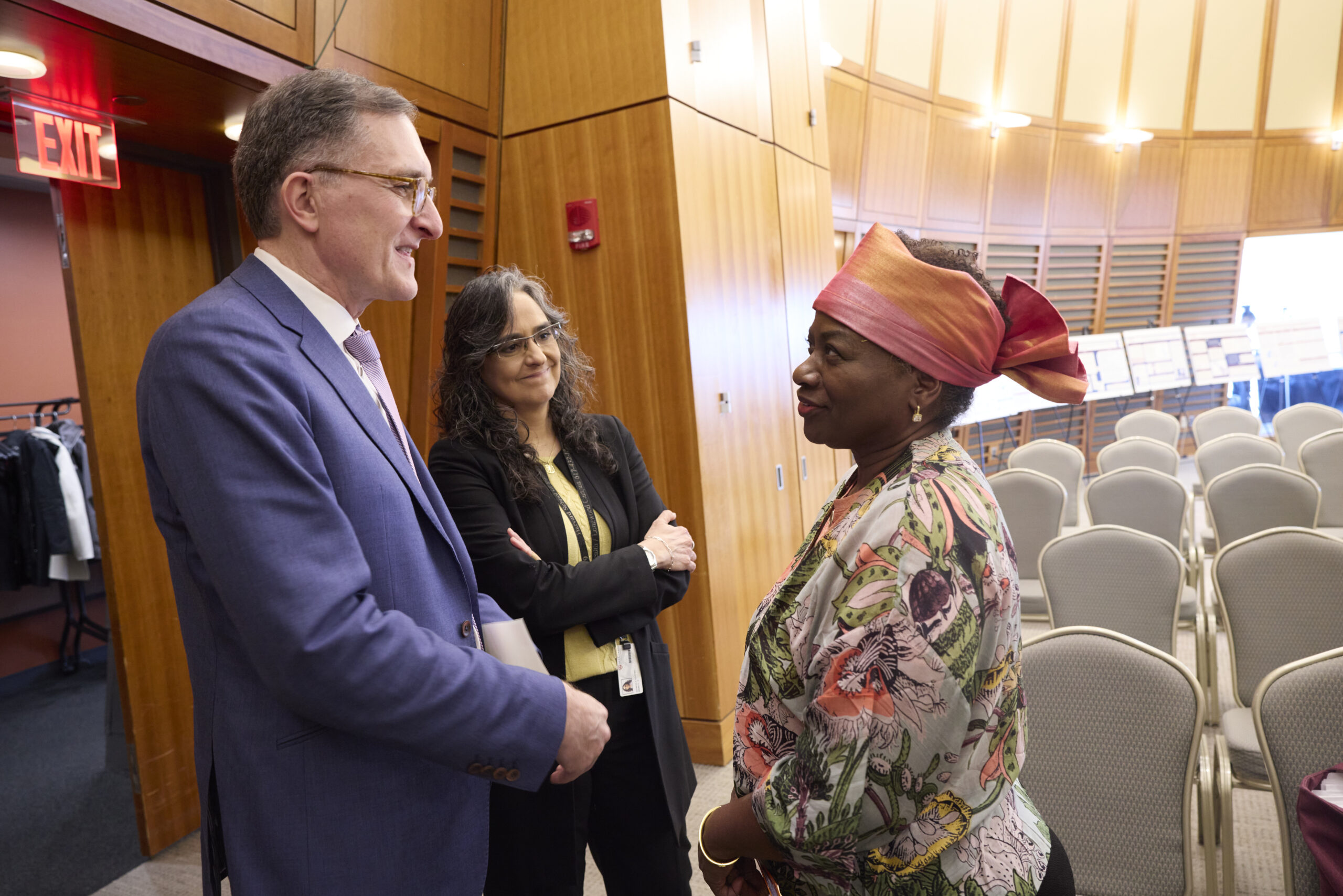

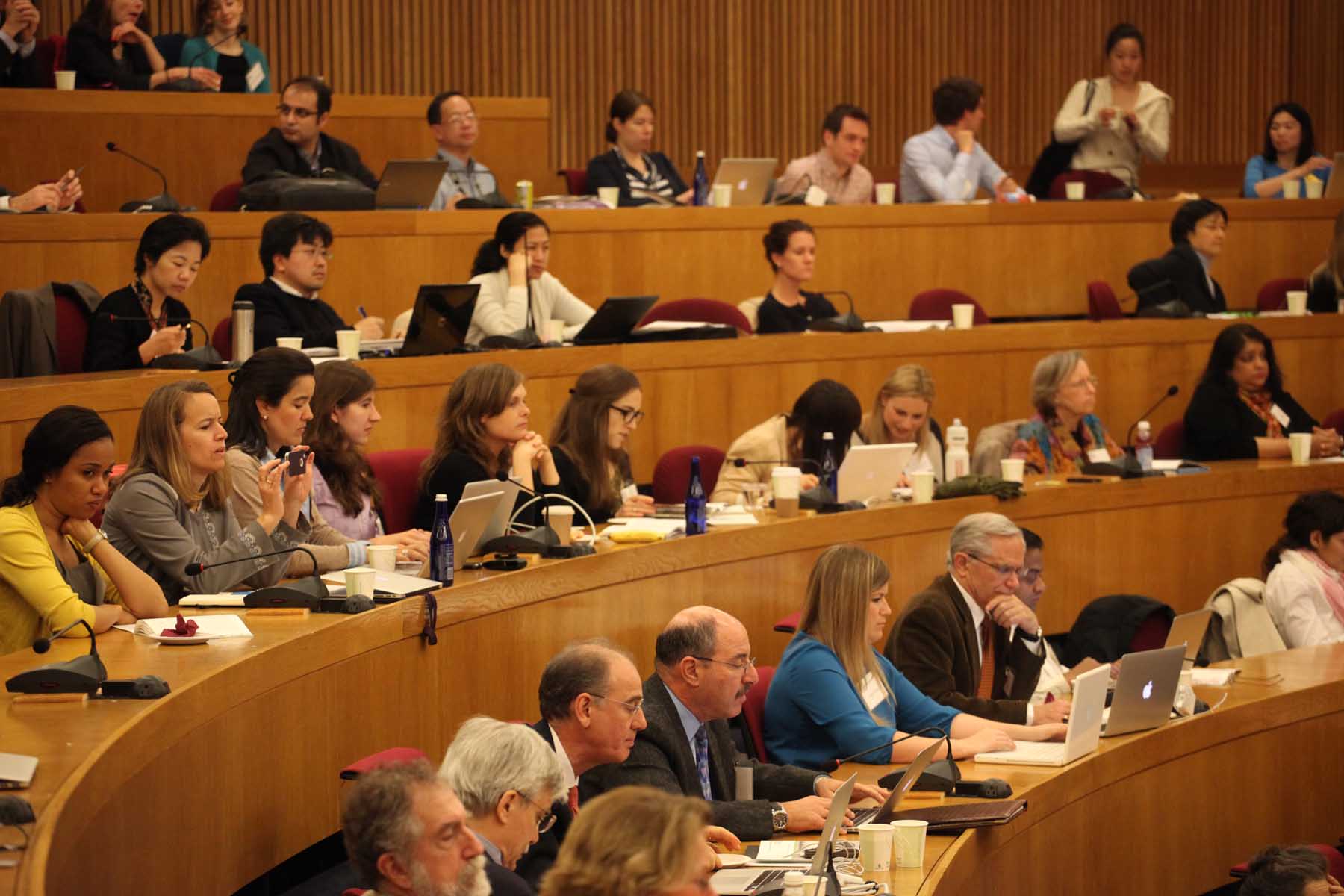
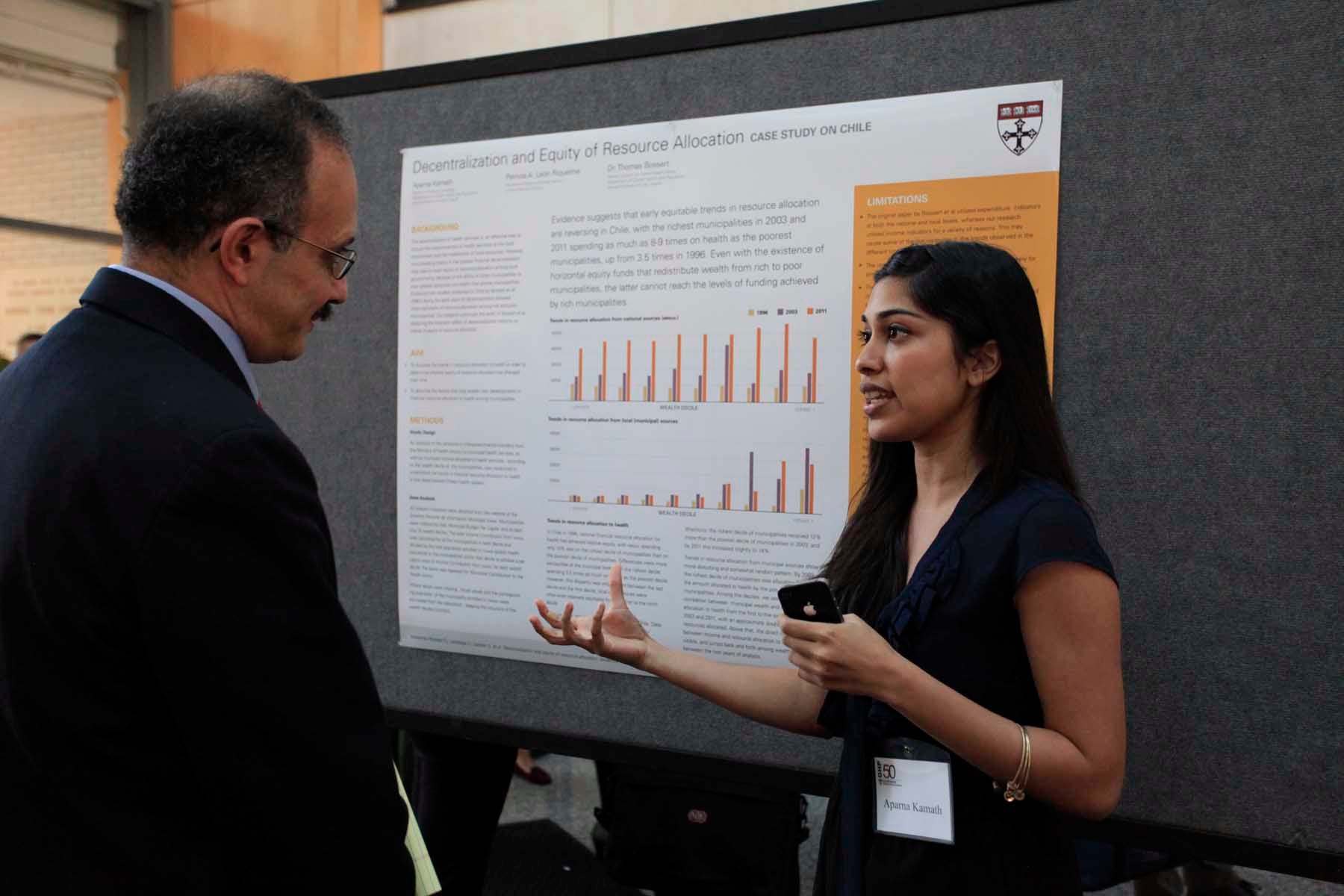

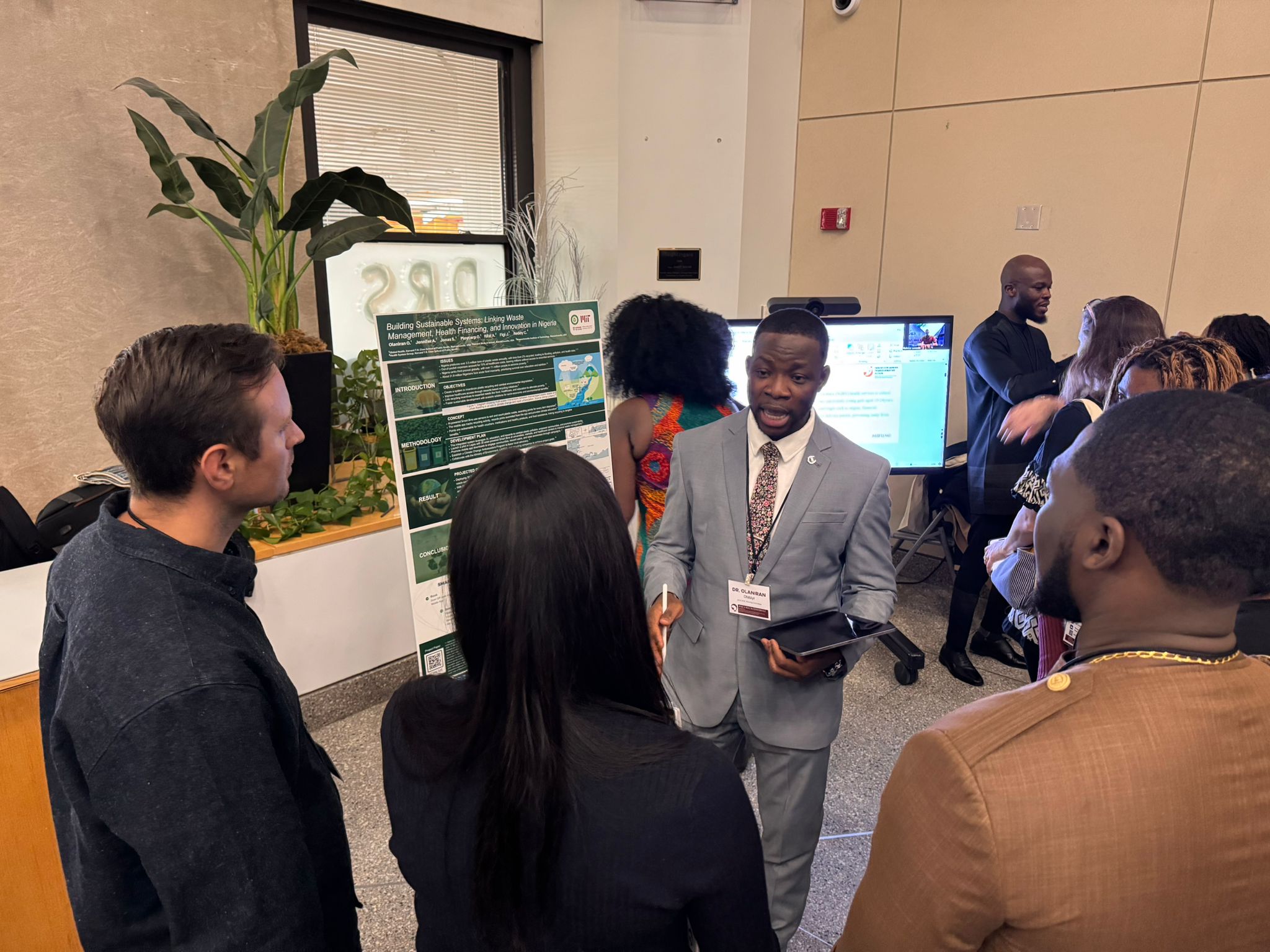
Department of Global Health and Population
We teach students how to effectively respond to key health challenges impacting populations around the world through outstanding teaching and research. Our expertise includes health systems and economics, global nutrition, maternal and child health, infectious and non-communicable diseases, and humanitarian studies and population ethics.
665 Huntington Avenue
Building 1, 11th and 12th Floors
Boston, MA 02115
Support our work
Help make a change in global public health today by supporting the leaders of tomorrow.
Department funds
The Department of Global Health and Population is proud to be the first department of population sciences in any school of public health with a focus on global health from the very beginning. Over the past half-century, faculty members, students, and researchers in our department have helped shape the field and have launched some of the most signification ideas in global public health and population sciences. Our alumni are part of a strong network of public health experts who work to devise, implement, and evaluate effective strategies that improve the lives of millions of people around the globe. We have welcomed students and fellows from most countries in the world, and our trainees have gone on to do great things as ministers of health, leaders in national and international public health organizations, and scholars in academic institutions.
Gifts made to the department will be used to aid GHP student organizations, scholarships, and internships; to support faculty initiatives and foster new research collaborations, joint grant writing, and interdisciplinary publications; and to support administration, operations, and special events.
On October 22, 2024, Richard Cash passed away after decades of service in the Department of Global Health and Population. Richard’s passing was an incalculable loss for the department, the Harvard T.H. Chan School of Public Health, and the public health community around the world. We are pleased to announce that the Harvard Chan School has established a fund to honor Richard’s lifelong commitment to improving the lives of people around the world. The Richard Cash Memorial Fund will be directed to the Department of Global Health and Population to honor Richard through a named endeavor.
As a young researcher in the 1960s, Richard joined the Cholera Research Laboratory in Dhaka, East Pakistan (now Bangladesh), where he helped to develop oral rehydration therapy (ORT), a simple rehydration solution that was easily accessible and could be used by mothers at home to prevent diarrhea and death from cholera. This groundbreaking development was later described in The Lancetas “potentially the most significant medical advance of the century” and earned Richard the 2006 Prince Mahidol Award for Public Health. In the decades since ORT’s development, the therapy has been credited with saving tens of millions of lives, many of them children’s.
Richard joined the Harvard School of Public Health in 1977, where he remained as a senior lecturer in global health and population until his passing. Over the course of almost five decades at the School, Richard influenced hundreds of students, colleagues, and friends, always remaining humble and emphasizing the importance of simple solutions. He believed deeply in the importance of working within communities to find accessible solutions, telling the Harvard Magazine in 2024, “a solution that can’t be applied is really no solution at all.”
Richard was a pillar of the Department of Global Health and Population community and an exemplar of the School’s values and mission. To ensure that his legacy and vision for public health are remembered, please contribute to the Richard Cash Memorial Fund.
Student fellowships
To honor Aaka Pande’s deep commitment to research and service in global public health, this fund will be used to provide financial support for summer research internships to students in the two-year master of science degree program in GHP. The focus will be on internships reflecting Aaka’s legacy, including research on the health of underprivileged women and children, the delivery of health services in conflict zones and to refugees, and the development of health care systems for low-income settings and/or in low-income countries. The financial support awarded to students will be known as the Aaka Pande Memorial Awards.
The support will help create opportunities for these students to travel to field sites and gain hands-on research experience. These learning experiences help nurture the deepening of students’ interests, broaden and strengthen their understanding of the myriad challenges of development, and mold future global health researchers, carrying forward Aaka’s legacy.
Contribute to the Aaka Pande Memorial Fund via credit card, or learn about other ways to donate. We are grateful for all contributions in memory of Aaka and for the impact this fund will have on students carrying forth her passion and commitment to global public health.
In Memory of Aaka Pande
The Department of Global Health and Population honors the memory of Aaka (Aakanksha) Pande, SM ’05. As a student in the department, Aaka was recognized by both faculty and classmates as passionately committed to pushing boundaries and seeking solutions to improve the lives of the disadvantaged. She completed an internship at the World Bank in 2004, and in 2005, Aaka received the department’s Master’s Thesis Award for her thesis entitled “Do Pills Promote Prevention? The Impact of Highly Active Antiretroviral Therapy on Sexual Risk Behavior in Jodhpur, India.” This accomplishment furthered her enthusiasm and commitment to improving the welfare of poor and marginalized populations. The GHP community is proud to have been an integral part of Aaka’s journey that led her to a distinguished career in global health.
Aaka joined the World Bank in 2005 as a junior professional associate working on health systems in South Asia, an experience that motivated her to return to Harvard to further sharpen her analytical skills for application to development. She graduated from the PhD in health policy program in 2011 and returned to the World Bank as a young professional, rising to become a senior economist (health) in 2015. She held this position until her death in July 2018. Her work at the World Bank included strengthening country health systems, addressing humanitarian crises, and creating novel tools to assess the health impact of conflicts in Syria, Lebanon, and Gaza. She worked to strengthen the capacity of female health works in rural Pakistan, combat the transmission of infectious diseases in sub-Saharan Africa, and spearheaded a signature World Bank initiative to provide quality and affordable health care to Syrian refugees in Jordan. She made invaluable contributions to the Flagship Course on Health System Strengthening and was a guest editor of a special issue in the journal Health Systems & Reform on the Middle East and North Africa.
Aaka cared deeply about educating the future leaders of global health and development. She was generous with her time, mentoring young minds and encouraging them to pursue their passions in research, while always available to guide them through the obstacles that they faced along the way. As a researcher herself, she strongly encouraged the pursuit of science and learning new skills to help generate knowledge to improve the lives of the most disadvantaged.
The Uwe Brinkmann Memorial Travel Fellowship is awarded each year to an outstanding doctoral student conducting field research in international health epidemiology at the Harvard T.H. Chan School of Public Health. A renowned investigator of tropical diseases and a dedicated teacher who inspired doctoral students, Professor Brinkmann held appointments in three departments and was a founding member of the multidisciplinary New Diseases Working Group. He died in June 1993 while conducting field research in Brazil.
The Fellowship will provide an award to support travel to a field research site and will be awarded to a doctoral student whose work exemplifies the interests and values of Professor Brinkmann, seeking to bring together international health epidemiology and infectious diseases.
Department of Global Health and Population
We teach students how to effectively respond to key health challenges impacting populations around the world through outstanding teaching and research. Our expertise includes health systems and economics; global nutrition; maternal and child health; infectious and non-communicable diseases; and humanitarian studies and population ethics.
665 Huntington Avenue
Building 1
Boston, MA 02115
Donate
Help make a change in global public health today by supporting the leaders of tomorrow.
Student Fellowships
To honor Aaka Pande’s deep commitment to research and service in global public health, this fund will be used to provide financial support for summer research internships to students in the two-year master of science degree program in GHP. The focus will be on internships reflecting Aaka’s legacy, including research on the health of underprivileged women and children, the delivery of health services in conflict zones and to refugees, and the development of health care systems for low-income settings and/or in low-income countries. The financial support awarded to students will be known as the Aaka Pande Memorial Awards.
The support will help create opportunities for these students to travel to field sites and gain hands-on research experience. These learning experiences help nurture the deepening of students’ interests, broaden and strengthen their understanding of the myriad challenges of development, and mold future global health researchers, carrying forward Aaka’s legacy.
Contribute to the Aaka Pande Memorial Fund via credit card, or learn about other ways to donate. We are grateful for all contributions in memory of Aaka and for the impact this fund will have on students carrying forth her passion and commitment to global public health.
In Memory of Aaka Pande
The Department of Global Health and Population honors the memory of Aaka (Aakanksha) Pande, SM ’05. As a student in the department, Aaka was recognized by both faculty and classmates as passionately committed to pushing boundaries and seeking solutions to improve the lives of the disadvantaged. She completed an internship at the World Bank in 2004, and in 2005, Aaka received the department’s Master’s Thesis Award for her thesis entitled “Do Pills Promote Prevention? The Impact of Highly Active Antiretroviral Therapy on Sexual Risk Behavior in Jodhpur, India.” This accomplishment furthered her enthusiasm and commitment to improving the welfare of poor and marginalized populations. The GHP community is proud to have been an integral part of Aaka’s journey that led her to a distinguished career in global health.
Aaka joined the World Bank in 2005 as a junior professional associate working on health systems in South Asia, an experience that motivated her to return to Harvard to further sharpen her analytical skills for application to development. She graduated from the PhD in health policy program in 2011 and returned to the World Bank as a young professional, rising to become a senior economist (health) in 2015. She held this position until her death in July 2018. Her work at the World Bank included strengthening country health systems, addressing humanitarian crises, and creating novel tools to assess the health impact of conflicts in Syria, Lebanon, and Gaza. She worked to strengthen the capacity of female health works in rural Pakistan, combat the transmission of infectious diseases in sub-Saharan Africa, and spearheaded a signature World Bank initiative to provide quality and affordable health care to Syrian refugees in Jordan. She made invaluable contributions to the Flagship Course on Health System Strengthening and was a guest editor of a special issue in the journal Health Systems & Reform on the Middle East and North Africa.
Aaka cared deeply about educating the future leaders of global health and development. She was generous with her time, mentoring young minds and encouraging them to pursue their passions in research, while always available to guide them through the obstacles that they faced along the way. As a researcher herself, she strongly encouraged the pursuit of science and learning new skills to help generate knowledge to improve the lives of the most disadvantaged.
The Uwe Brinkmann Memorial Travel Fellowship is awarded each year to an outstanding doctoral student conducting field research in international health epidemiology at the Harvard T.H. Chan School of Public Health. A renowned investigator of tropical diseases and a dedicated teacher who inspired doctoral students, Professor Brinkmann held appointments in three departments and was a founding member of the multidisciplinary New Diseases Working Group. He died in June 1993 while conducting field research in Brazil.
The Fellowship will provide an award of $2,500 to support travel to a field research site and will be awarded to a doctoral student whose work exemplifies the interests and values of Professor Brinkmann, seeking to bring together international health epidemiology and infectious diseases. Applications must provide proof of having successfully passed (or scheduled) their Oral Qualifying Examination or Preliminary Qualifying Examination.
Applicants should submit the following materials:
- 3 to 5-page proposal that explains the planned research project, how the travel funds would be used, and how the research would further the fields of international health, epidemiology and infectious diseases
- Proof of having successfully passed or scheduled the Oral Qualifying Examination or Preliminary Qualifying Examination
- Letter of recommendation from their academic advisor
Contributions to the fellowship may be sent to the Office of the Dean, Harvard T.H. Chan School of Public Health, 677 Huntington Ave., Boston, MA 02115.
Departmental Funds
The Department of Global Health and Population is proud to be the first department of population sciences in any school of public health with a focus on global health from the very beginning. Over the past half-century, faculty members, students, and researchers in our department have helped shape the field and have launched some of the most signification ideas in global public health and population sciences. Our alumni are part of a strong network of public health experts who work to devise, implement, and evaluate effective strategies that improve the lives of millions of people around the globe. We have welcomed students and fellows from most countries in the world, and our trainees have gone on to do great things as ministers of health, leaders in national and international public health organizations, and scholars in academic institutions.
Gifts made to the department will be used to aid GHP student organizations, scholarships, and internships; to support faculty initiatives and foster new research collaborations, joint grant writing, and interdisciplinary publications; and to support administration, operations, and special events.
Please give to the Department of Global Health and Population here.
On October 22, 2024, Richard Cash passed away after decades of service in the Department of Global Health and Population. Richard’s passing was an incalculable loss for the department, the Harvard T.H. Chan School of Public Health, and the public health community around the world. We are pleased to announce that the Harvard Chan School has established a fund to honor Richard’s lifelong commitment to improving the lives of people around the world. The Richard Cash Memorial Fund will be directed to the Department of Global Health and Population to honor Richard through a named endeavor.
As a young researcher in the 1960s, Richard joined the Cholera Research Laboratory in Dhaka, East Pakistan (now Bangladesh), where he helped to develop oral rehydration therapy (ORT), a simple rehydration solution that was easily accessible and could be used by mothers at home to prevent diarrhea and death from cholera. This groundbreaking development was later described in The Lancetas “potentially the most significant medical advance of the century” and earned Richard the 2006 Prince Mahidol Award for Public Health. In the decades since ORT’s development, the therapy has been credited with saving tens of millions of lives, many of them children’s.
Richard joined the Harvard School of Public Health in 1977, where he remained as a senior lecturer in global health and population until his passing. Over the course of almost five decades at the School, Richard influenced hundreds of students, colleagues, and friends, always remaining humble and emphasizing the importance of simple solutions. He believed deeply in the importance of working within communities to find accessible solutions, telling the Harvard Magazine in 2024, “a solution that can’t be applied is really no solution at all.”
Richard was a pillar of the Department of Global Health and Population community and an exemplar of the School’s values and mission. To ensure that his legacy and vision for public health are remembered, please contribute to the Richard Cash Memorial Fund.
Department of Epidemiology
Learn how we advance public health globally by researching the frequency, distribution, and causes of human disease, and shaping health policies and practices.
677 Huntington Avenue
Kresge, 9th Floor,
Boston, MA 02115
Pharmacoepidemiology
The mission of the Program in Pharmacoepidemiology and Real World Evidence (RWE) is to equip the next generation of investigators with the expertise needed to evaluate the safety, effectiveness, and use of drugs, biologics, and medical devices.
Pharmacoepidemiology merges pharmacology and epidemiology to study real-world medication use and outcomes. Using data from sources like healthcare records and registries, it examines drug use, prescribing trends, adverse effects, and outcomes in diverse populations to generate Real World Evidence (RWE). This field supports efficient trial design, post-marketing surveillance, and safety and effectiveness evaluations across a product’s life cycle, ultimately guiding clinicians, regulators, and industry to improve public health.
The Program in Pharmacoepidemiology’s comprehensive yet flexible curriculum blends formal coursework with hands-on research experience. In partnership with the Division of Pharmacoepidemiology & Pharmacoeconomics (DoPE) at Brigham and Women’s Hospital, the program delivers an integrated educational experience through a specialized curriculum featuring both core and elective courses, collaborative engagement with diverse faculty, and individualized training plans.
Highlights from the program include:
- Access to a wide array of courses covering research methods such as causal inference, artificial intelligence, and database analytics, as well as study design, randomized clinical trials, meta-analysis, cost-effectiveness analysis, health services research, pharmacovigilance, drug development, and regulatory science
- Participation in innovative research projects allows students to gain expertise in specific diseases or drug classes, data analysis, and the translation of research findings into clinical or regulatory recommendations
- Integration with DoPE enhances opportunities for cross-disciplinary collaboration within the Harvard Medical Area and provides access to unique data resources, including large healthcare claims databases and electronic health records
- Students are encouraged to pursue internships with regulatory agencies or industry and to participate in scientific meetings. Graduates go on to teach and conduct RWE research across academia, government, and industry.
Learn more about our faculty below:
Department of Epidemiology
Learn how we advance public health globally by researching the frequency, distribution, and causes of human disease, and shaping health policies and practices.
677 Huntington Avenue
Kresge, 9th Floor,
Boston, MA 02115
Nutritional Epidemiology
Through courses in the Departments of Epidemiology and Nutrition, students in this area receive rigorous training in epidemiology, biostatistics, and the biological aspects of nutrition.
Nutritional epidemiology examines how diet and nutrition affect health outcomes in populations, exploring links between dietary patterns and diseases like obesity, diabetes, cardiovascular disease, and cancer. Through research, the field informs public health recommendations and nutrition policies to promote healthier eating habits.
Through courses in the Departments of Epidemiology and Nutrition, students in this area receive rigorous training in epidemiology, biostatistics, and the biological aspects of nutrition. Through formal coursework, seminars, exams, and dissertation research, master’s and doctoral students acquire in-depth knowledge of nutritional assessment methods and the determinants of disease, including metabolism, physiology, and molecular genetics.
Highlights from the program include:
- Learn to critically evaluate the strengths and weaknesses of nutritional assessment, develop advanced quantitative skills for analyzing the relationship between diet and disease, and gain experience in creating research proposals by integrating nutrition and epidemiologic concepts
- Research opportunities are available using large prospective studies, exploring links between dietary factors and chronic diseases (such as cardiovascular disease and cancer), the role of gene-nutrition interactions, and the impact of nutritional supplementation on infectious diseases and malnutrition
- Refine skills in scientifically communicating their research, both orally and in writing. The overarching goal is to prepare students to lead investigations into the complex relationships between diet and health outcomes.
Learn more about our faculty below:
